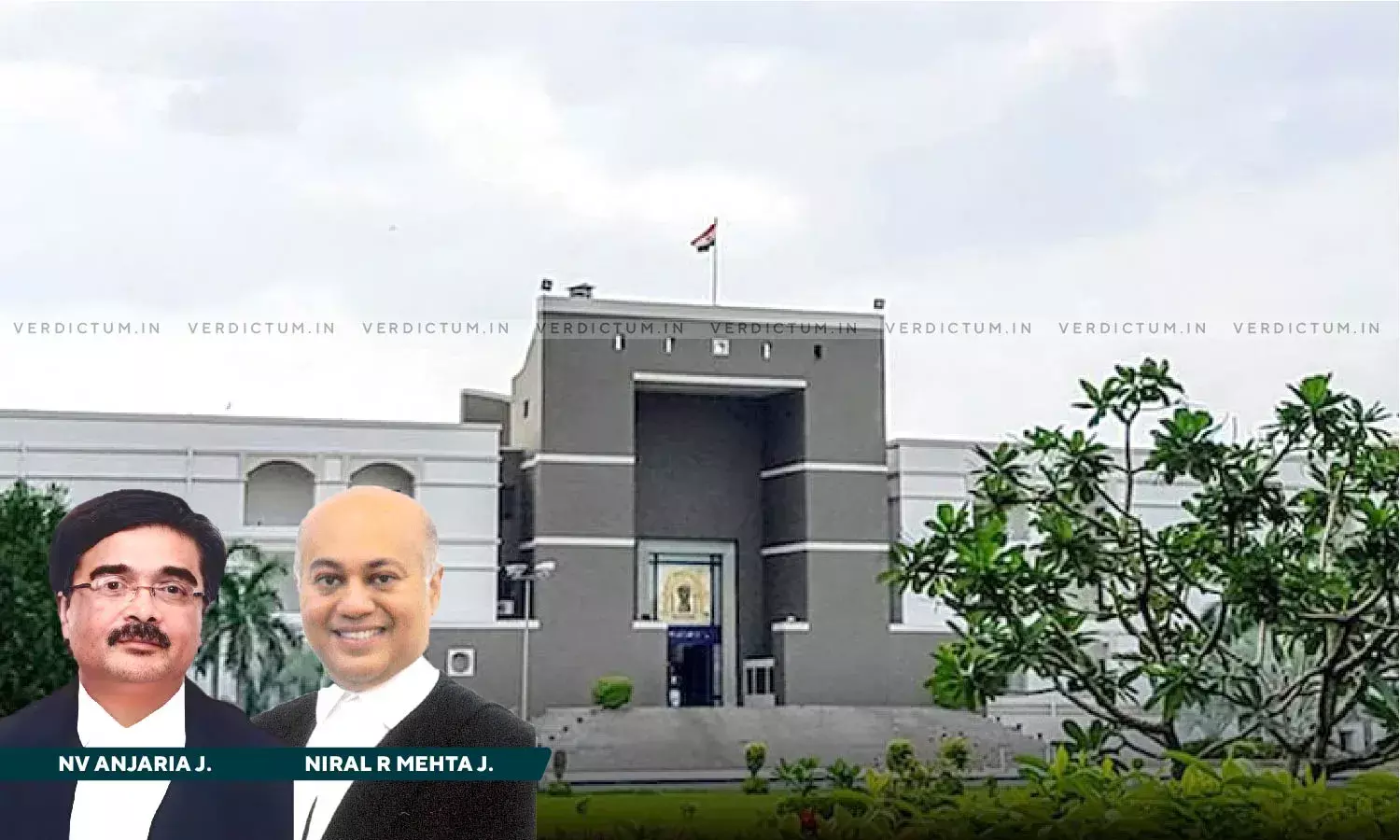"Freedom Of Trade Is Subject To Public Health Norms" - Gujarat HC While Dismissing Pleas Of Meat Shops & Slaughterhouses Owners

A Gujrat High Court Bench of Justice NV Anjaria and Justice Niral R Mehta has held that the freedom to trade or right to do business is subject to compliance with public health norms and food safety requirements.
Senior Advocate Percy Kavina, among others, appeared for the applicants. Government Pleader Manisha Lavkumar, among others, appeared for the State and authorities.
In this case, the Court heard a friendly duel between one's right to food and the right to have safe food. In other words, the issue before the Court was about achieving an equilibrium between the right of meat vendors to do business on the one hand, and the concerns for food safety and public health, on the other.
The petitioner contended that the directions and guidelines of the Supreme Court in relation to slaughter of animals, cruelty to them, etc. have not been obeyed and the requisite no objection certifications from the Gujarat Pollution Control Board required under the environmental laws as well as the clearances from the statutory bodies and the local-self governments were not obtained. The petitioner further complained of lethargy in implementing the directions and enforcing the provisions of the relevant clauses pertaining to welfare of the animals and food safety standards.
Subsequently, the authorities shut down certain meat shops and slaughter houses for the reason that they failed to comply with the licencing and regulatory norms, food and safety standards, pollution control requirements and for any such other legal considerations.
Seeking permission to reopen the meat shops and slaughterhouses, the shop owners had asserted their fundamental right to freedom of trade.
On hearing the parties, the High Court observed that "Right to freedom of trade may be a fundamental right, but not a carte blanche. The above laws are enacted and operate in public good and public interest. The freedom to trade or right to do business have to yield the public health norms and the restrictive compulsions needed to be enforced in larger public good. The right to free trade in food items like meat, or any such food has to be subserving to public health and food safety requirements."
In furtherance, the Court observed that an unrestricted freedom to do business in meat or to run slaughter houses cannot be permitted when they are non-compliant of the norms in law. In that context, it was said that "The activity of running unlicensed slaughter houses and selling unstamped meat could not be approved or permitted without the stakeholders complying the applicable laws".
Subsequently, the Court took the considered view that "for the consumers of any food including the meat and meat products, there is a right to have safe food. The right to food with hygiene is also concomitant to Article 21 of the Constitution, as the right to food itself is. This would represent the other side of the coin when the meat vendors would insist for doing business even the meat is unstamped meat or that the slaughter house is not licensed or the norms compliant. Article 21 would also envelope in it a right to safe food. Right to ensure such safe food is also an obligation on the State authorities, which they discharge by implementing and enforcing the food safety norms and other regulatory measures prescribed in the different statutes".
In light of the same, the Court held that "All the meat shops and slaughter houses which are closed by the authorities for the reason that they have failed to comply with the licencing and regulatory norms, food and safety standards, pollution control requirements and for any such other legal considerations including non-observance of hygiene imperatives, could hardly be permitted to be reopened on spacious grounds, unless they become fully compliant of such norms and regulations. Intervention is not called for by the court when it comes to abiding by the food safety etc. norms. It would be an overriding principle that the public concerns of hygiene and food safety will have to prevail."
However, the Court also held that it will be open for any meat shop owner, meat vendor or slaughter house owner to approach the competent authority or competent committee by showing that it has ensured compliance of all the laws and regulations as may be applicable. It was ordered that in all such cases, it is provided, the competent authority shall permit the shop or slaughter house to be reopened, permitting the owner or vendor to run the business by continuing to comply with the business norms.
Cause Title: Patel Dharmeshbhai Naranbhai v. Dharmendrabhai Pravinbhai Fofani
Click here to read/download Judgment

